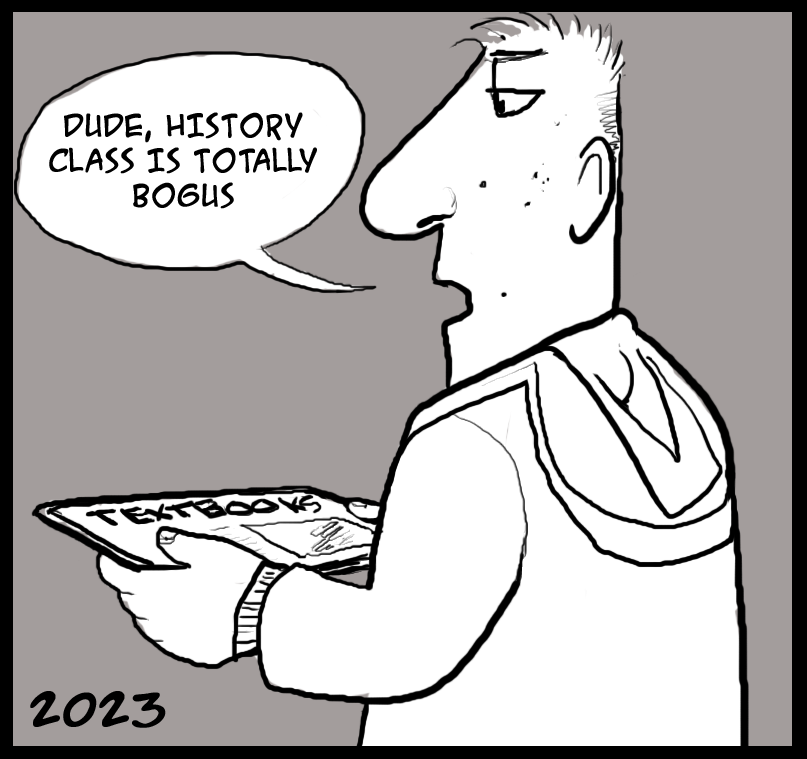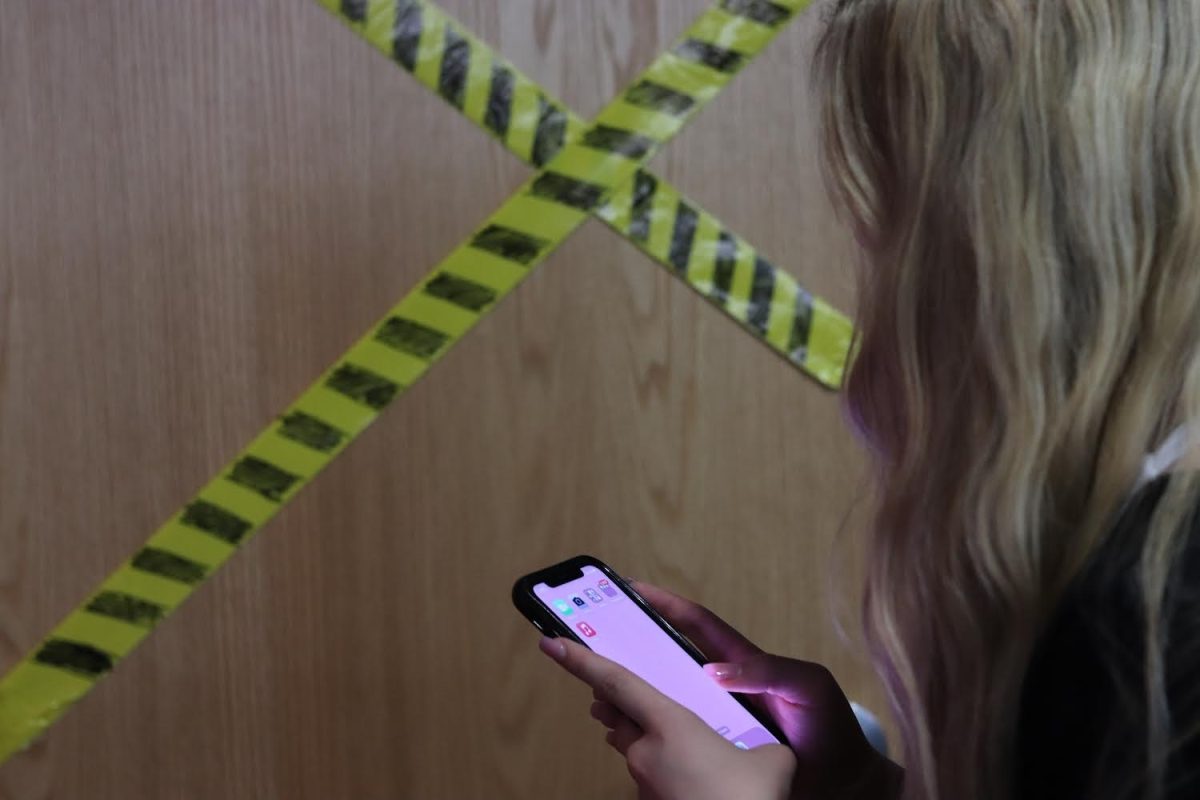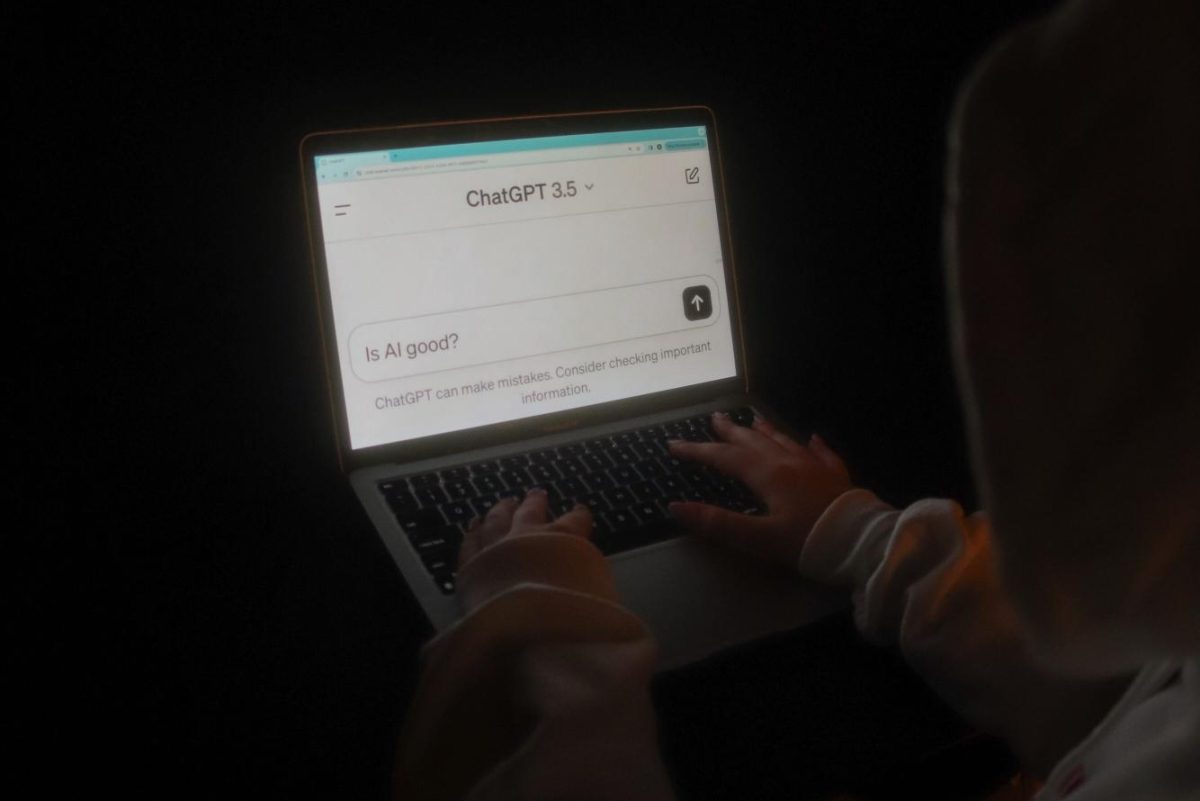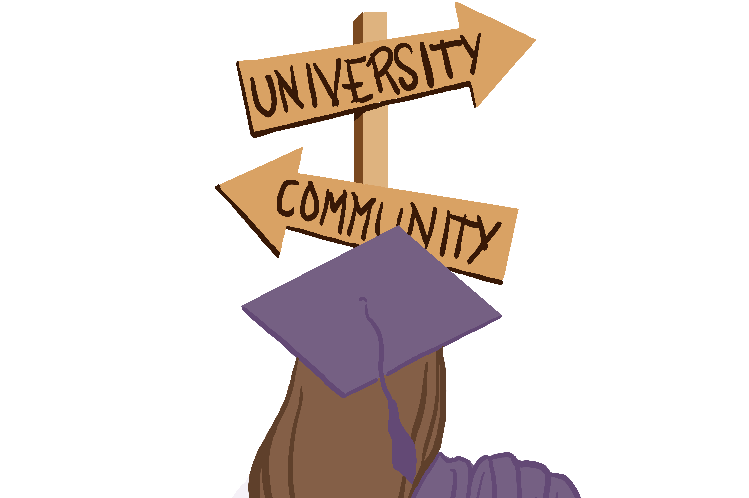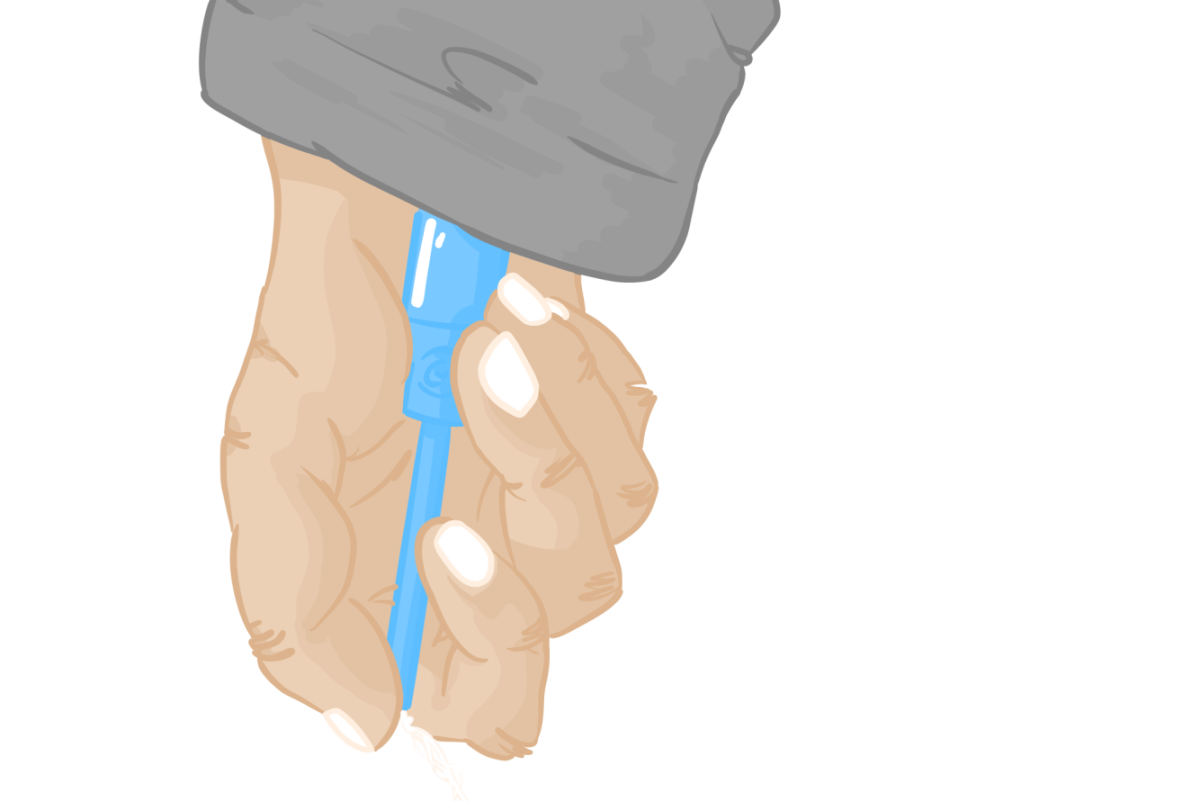The idea that one day the world will be paperless is becoming more of a reality, and KHS does not plan on being left behind. The Technology Leadership Group (TLG) has been dis- cussing the idea of giving every KHS student their own iPad to evolve with the nation’s changing educational philosophy. This will probably be submitted to the Board of Education by March. The Kirkwood Call decided in a vote of 36:13 that KSD should not hesitate to give iPads to students.
It is not uncommon to see hunched over students with backpacks that weigh half their body mass. All they can think is if they didn’t have that one biology textbook in their full backpack, the day would have been easier. If KSD were to give each student an iPad to replace those enormous textbooks, this would not be an issue.
While the idea of iPads for more than 1,700 students sounds ridiculous considering how expensive one is, money would hardly be an issue, believe it or not. According to the administration, KSD has a unique budget where 20 cents per every $100 of tax money goes strictly to technology. For those who aren’t into math, that’s about $2.4 million every tax season.
There will always be those students taking advantage of the iPads and messing around on Fatbooth the entire time. But with or without iPads, students will find some way to distract themselves even if it’s as simple as doodling in math class. Every student will have to decide whether they should be doing the interactive reading, or playing games. That’s discipline, and students will need it now with the introduction of new technology resources and later in life.
The iPad has even proven itself useful in the classroom throughout the country. Textbook publisher Houghton Mifflin Harcourt performed a pilot study using iPad eBooks for Algebra 1 courses. The study found that 20 percent more students, so 78 percent rather than 59 percent, scored ‘Proficient’ or ‘Advanced’ using iPads instead of paper books.
The students who use iPads responsibly improved educationally because of the interactive features of iBooks. Instead of sitting, reading words and looking at a few pictures, students can actively learn even from their teachers.
Other than the weight issue of textbooks and lack of interactive features, the replacement costs are overwhelming. According to Randy Friedline, director of technology services and member of the TLG, buying iPads rather than constantly buying new books could be more cost effective in the long run.With iPads, books could be updated to their newer versions more fre- quently and for a much lower price than buying printed versions.
Primarily, iPads bring an opportunity for students who may not have access to utilize internet and technology away from school. Or maybe some people only have one laptop to share between their entire family. iPads can give students a personalized educational tool to use wherever they are.
KHS needs to introduce this new form of learning. The student body as a whole would benefit and learning skills would improve, and hopefully backpack weight will decrease as well.


